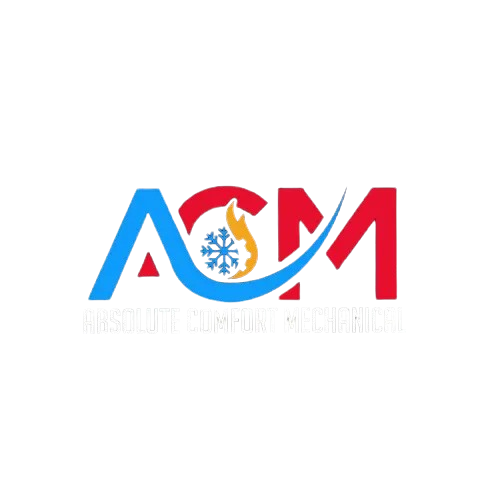Commercial Boiler Repair and Installation Dallas
When it comes to commercial heating, a reliable boiler system is essential for maintaining comfort, efficiency, and operational stability. Whether you manage a hotel, hospital, office building, restaurant, or industrial facility, you know how important heating is to your property, Our commercial boiler installation can save your business from costly downtime, energy waste, and compliance issues.
Don’t wait until a system failure impacts your bottom line. Whether you need new boiler installation, routine maintenance, or emergency repairs, choosing Refrigeration Techs ensures your business stays operational, comfortable, and compliant.
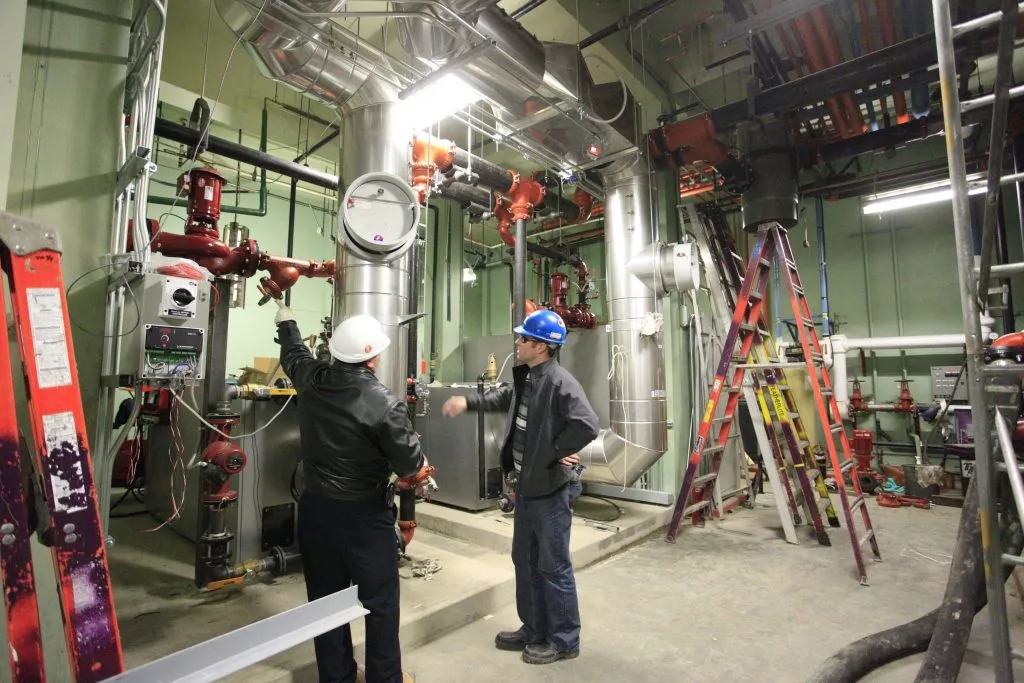
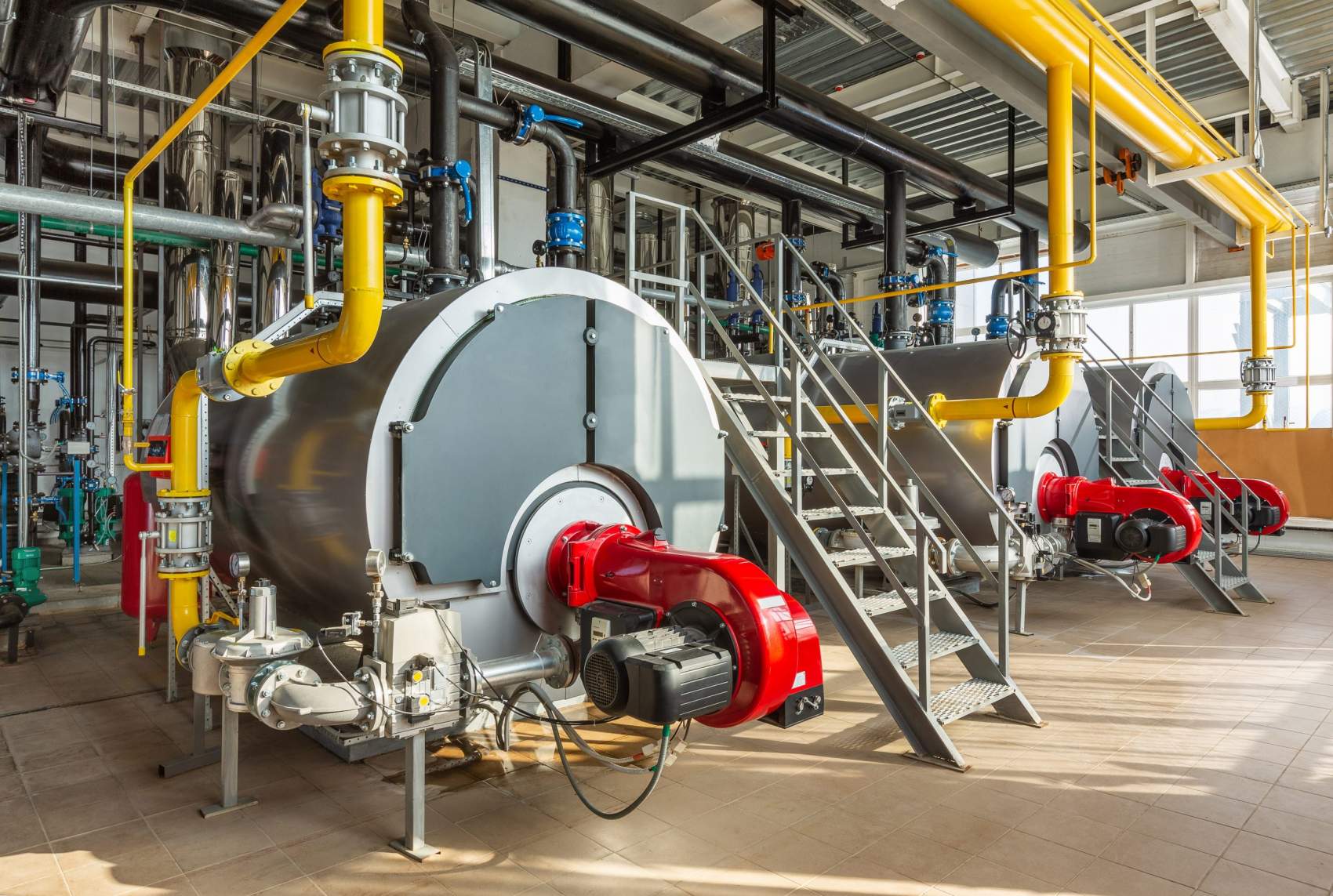

Request Service
Professional HVAC Services
Maintaining your AC system is a vital part of protecting your investment.
While maintaining a cool temperature in your own home is for comfort and happiness, maintaining it at a commercial location is vital to your actual bottom line. Losing the ability to have a comfortable environment for your clients in the middle of the summer can result in lost profits. If you are the owner of an office building that loses AC, you could equally suffer as your employees are unable to stay productive. In the worst-case scenarios, the equipment can be damaged from overheating, racking up the bills even further.
Luckily, you can avoid all these kinds of problems by trusting Refrigeration Techs with your commercial air conditioning service needs. Whether you need a minor AC repair, commercial air quality services, AC preventive maintenance, or even a full scale new A/C installation and replacement, our team has over 50+ years of experience and the know-how that comes with it.
Your system will be up and running quickly and efficiently in no time when you count on us.
Professional HVAC Services
Call Today for a Free Maintenance Quote
(214) 550-2628
Top Tips for Commercial Boiler Installation & Maintenance
Need insights on commercial boilers? Get the essentials on installation, maintenance, and choosing the right commercial boiler system. Our guide will help you keep your boiler running efficiently and safely.
Key Takeaways
-
Regular maintenance is essential for commercial boilers to ensure safety, efficiency, and longevity, with daily, monthly, and annual check-ups recommended.
-
Choosing the right boiler system involves a thorough assessment of the building’s commercial heating needs, fuel source, and energy efficiency goals to balance cost and performance.
-
Upgrading to a new boiler system can lead to improved efficiency, lower energy costs, and increased property value, making it a valuable long-term investment.
Signs Your Commercial Boiler Needs Repair
A well-maintained boiler is crucial for any business, but how do you know when it’s time for a boiler repair? There are several telltale signs to watch out for. One of the most obvious indicators is visible leaks or signs of corrosion. If you notice water pooling around your boiler or rust on its surface, it’s time to call a professional. These issues can lead to more serious problems if left unaddressed.
Another common sign is strange noises emanating from the boiler. If your boiler suddenly starts making banging, whistling, or gurgling sounds, it could indicate issues such as limescale buildup or pressure problems. Additionally, unusual odors or changes in the color of the flame in gas boilers can signify combustion problems that require immediate attention.
Inconsistent heating throughout your building is another red flag. If some areas are warm while others are cold, your boiler might not be functioning effectively. This can also lead to a sudden spike in energy bills, as the system works harder to maintain the desired temperature, which can vary depending on the efficiency of the boiler.
Lastly, if the boiler takes longer than usual to heat your space, it could be due to malfunctioning components. Monitoring these signs can help you address issues early and keep your boiler running smoothly.
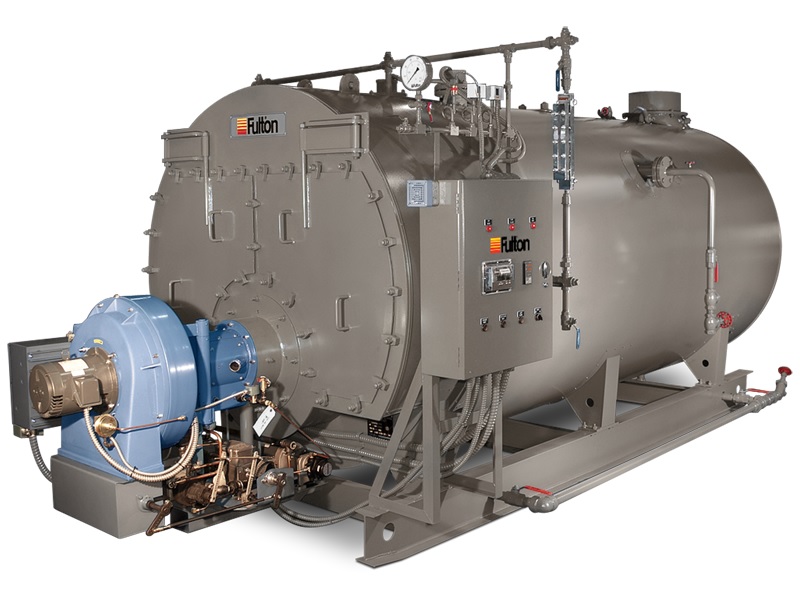
Essential Maintenance for Commercial Boilers
Regular maintenance is the cornerstone of a reliable and efficient boiler system. To ensure your boiler operates at peak efficiency and to prolong its lifespan, routine upkeep is essential. Daily checks are crucial for maintaining boiler safety, such as verifying water levels and monitoring for leaks. Monthly maintenance tasks should include testing flame detection systems and checking relief valves and venting for any leaks.
Annual professional maintenance is equally important as it helps identify and resolve issues before they lead to major breakdowns. Regular maintenance not only extends the lifespan of your boiler but also reduces safety risks, such as the potential for boiler explosions due to pressure buildup. Efficient system operation helps prevent unnoticed issues from escalating.
Choosing The Right Commercial Boiler System
Selecting the right commercial boiler system is crucial for meeting your building’s heating needs efficiently. Several factors influence this decision, including the size of the building, heating requirements, accessibility of the boiler room, fuel source, energy efficiency goals, and the electrical system. For instance, gas boilers are often the most economical option for operation, while electric boilers, despite their higher operational costs, can achieve up to 99% efficiency and are ideal for eco-friendly facilities with limited space.
The type of boiler installed can significantly impact the overall installation price. Larger BTU outputs generally lead to higher costs, which can influence the choice of fuel source. Electric boilers, being a clean energy option, are suitable for facilities focused on sustainability. The goal is to find a balance between cost, efficiency, and the specific heating needs of your building.
Ultimately, the right boiler system will depend on a thorough assessment of your building’s requirements and goals. Consulting with professionals can help you navigate the complexities of boiler selection and ensure you choose a system that offers the best performance and value for your investment.
The Installation Process for Commercial Boilers
The installation process for commercial boilers involves several critical steps to ensure the system operates efficiently and safely. It begins with a thorough assessment of the building’s heating needs and existing infrastructure to determine the right boiler type and size. Conducting a pre-replacement analysis helps identify potential challenges, allowing for smoother execution during the actual installation.
Site preparation is a crucial step, involving ensuring proper ventilation and establishing a suitable foundation for the new boiler. The boiler is then positioned with considerations for maintenance access and compliance with local regulations. Necessary piping and connections, including gas lines, water connections, and any required ductwork, are installed. Proper venting systems, including flue pipes and exhaust fans, are also set up to ensure safe operation.
Following the installation, our comprehensive testing is conducted to verify that the boiler operates correctly, including checking fuel combustion and pressure levels. Operators are trained on how to manage the boiler system and perform necessary maintenance.
Benefits of Upgrading to a New Boiler System
Upgrading to a new boiler system offers numerous benefits that can enhance the comfort and efficiency of your building. One of the primary advantages is improved temperature control and consistent heating throughout the building, which significantly enhances comfort. Expert installation of a new boiler ensures optimal performance, leading to reduced energy costs.
Long-term cost savings are another significant benefit. By replacing an outdated boiler with a new, more efficient system, you can achieve annual savings of up to 30% on utility bills. These savings can offset the initial investment in a new boiler. Additionally, a new boiler can provide energy savings, especially during periods of high energy costs.
Moreover, upgrading your boiler system can increase the property value by appealing to potential buyers who prioritize energy efficiency and modern heating systems. Investing in a new boiler is not just about immediate benefits but also about long-term value and efficiency gains.
Understanding Different Types of Commercial Boilers
Commercial boilers come in various types, each with its advantages and applications. Condensing boilers, for example, can achieve efficiency ratings above 90% by recovering heat from exhaust gases that would typically be lost. This makes them an excellent choice for businesses looking to maximize energy efficiency.
Modular boilers consist of multiple smaller units, providing flexibility in meeting varying heating demands. This modularity allows for scalability and redundancy, ensuring continuous operation even if one unit requires maintenance. Fire-tube boilers are ideal for low to medium pressure applications and are known for their straightforward maintenance. In contrast, water-tube boilers are suitable for high-capacity applications like power plants, capable of operating under high pressure and temperature.
Each type of boiler has its unique efficiency ratings and operational benefits. For instance, water-tube boilers generally range from low 80% efficiency for steam to mid-80% for hot water. Cast-iron boilers usually operate with efficiencies between the low and mid-80% range. This efficiency level is common among these types of boilers. Understanding these differences is crucial for selecting the right boiler that meets your specific needs.
Energy Efficiency in Commercial Heating Systems
Energy efficiency is a key consideration in modern commercial heating systems. Many new boiler systems can achieve efficiencies exceeding 90% thanks to advanced condensing technology. This not only lowers fuel consumption but also contributes to environmental sustainability by emitting fewer greenhouse gases.
Replacing older heating systems can result in substantial reductions in CO2 emissions. Economizers, for example, enhance energy efficiency by capturing waste heat from flue gases and using it to preheat water. This process significantly reduces energy consumption and operational costs. Implementing variable frequency drives (VFDs) on boiler pumps can also lead to significant energy savings.
Technological advancements, such as smart controls, can further improve the efficiency of boiler operations. These controls optimize boiler performance, ensuring that the system operates at peak efficiency. Investing in energy-efficient boiler systems is not only beneficial for reducing energy costs but also for promoting environmental sustainability.
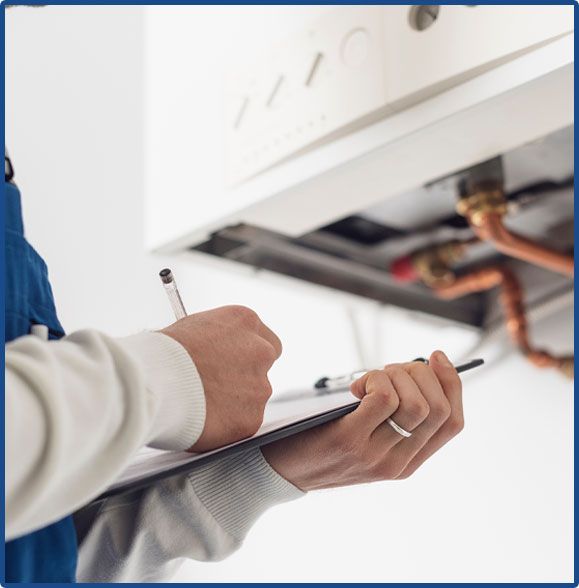
Professional Services for Commercial Boiler Needs
Professional services are essential for the install and maintenance of commercial boiler systems. Given the high pressure and temperature risks involved, professional boiler installation ensures safety and compliance with local regulations. Hiring experienced professionals provides access to specialized tools and expertise for complex systems.
Utilizing a dual-boiler system allows for continuous operation, facilitating maintenance or replacement without significant interruption. Temporary heating solutions, such as portable heaters, can be employed to maintain a comfortable environment while the main boiler is being replaced. Consulting with experienced service providers ensures ongoing support and resolution of any operational issues.
Professional services also ensure that all aspects of the boiler system are thoroughly checked and maintained, providing peace of mind and reliable operation.
Minimizing Downtime During Boiler Replacement
Minimizing downtime during boiler replacement is essential to avoid disruptions to your business operations. One effective strategy is to schedule the installation of a new boiler during the spring or summer months to prevent hardship during winter and avoid emergencies. For accurate installation time estimates, consulting a professional boiler installation company is recommended.
To further minimize downtime, keep one boiler online while replacing another and perform prep work while the system is operational. Using a rental boiler as a temporary heating solution can also maintain operations during the boiler switchover. However, it’s important to note that longer installation times can occur due to new piping or ventilation needs.
The most expensive time for boiler service is when it breaks down and stops business processes or heating. Therefore, proactive planning and scheduling are crucial to ensure a smooth transition and continuous operation of your heating system.
Cost Considerations for Commercial Boiler Projects
Several factors affect the cost of commercial boiler installation, making it essential to plan your budget carefully. The type of boiler chosen, installation complexity, and labor costs are key elements influencing the total installation costs. Understanding these factors enables businesses to create better budgets and financial plans for their boiler projects.
Rebates and incentives may be available to offset the costs, enhancing the financial feasibility of new installations. These financial aids can make it more affordable to invest in a new, energy-efficient boiler system. It’s important to research and take advantage of these opportunities to reduce the overall project cost.
Thorough budgeting and financial planning ensure that you can manage the costs effectively and avoid unexpected expenses. By considering all aspects of the project, from initial installation to long-term maintenance, you can make informed decisions that align with your business goals and financial capabilities, leveraging a vast network of resources.
Summary
Proper maintenance and timely upgrades of commercial boiler systems are crucial for ensuring efficient and reliable heating. Recognizing the signs that your boiler needs repair, performing regular maintenance, and choosing the right system for your building are essential steps for optimal performance. The installation process, when handled professionally, sets the foundation for a well-functioning boiler system.
Upgrading to a new boiler system offers significant benefits, including improved comfort, energy efficiency, and long-term cost savings. Understanding the different types of boilers and their respective advantages helps in making informed decisions that meet your specific needs. Investing in energy-efficient systems and professional services ensures the longevity and reliability of your boiler system, ultimately contributing to the smooth operation of your business.
Frequently Asked Questions
What are the common signs that my commercial boiler needs repair?
Common signs that your commercial boiler requires repair include visible leaks, strange noises, unusual odors, inconsistent heating, and unexpected increases in energy bills. Addressing these issues promptly can prevent further complications.
How often should I perform maintenance on my commercial boiler?
To ensure optimal performance of your commercial boiler, it is crucial to conduct daily checks for water levels and leaks, perform monthly tests for flame detection systems and relief valves, and schedule annual professional maintenance. This comprehensive approach will help maintain efficiency and safety.
What factors should I consider when choosing a commercial boiler system?
When choosing a commercial boiler system, it is essential to consider the size of your building, heating requirements, accessibility of the boiler room, fuel source, and energy efficiency goals. These factors will ensure the system meets your specific needs effectively.
How can I minimize downtime during a boiler replacement?
To minimize downtime during a boiler replacement, schedule the work for warmer months, maintain one boiler in operation while replacing the other, and consider utilizing a rental boiler to ensure continuous operations.
What cost factors should I consider for a commercial boiler project?
Key cost factors to consider for a commercial boiler project include the type of boiler, installation complexity, labor costs, and any available rebates or incentives, as these will significantly affect your overall budget.
Other Services We Offer...
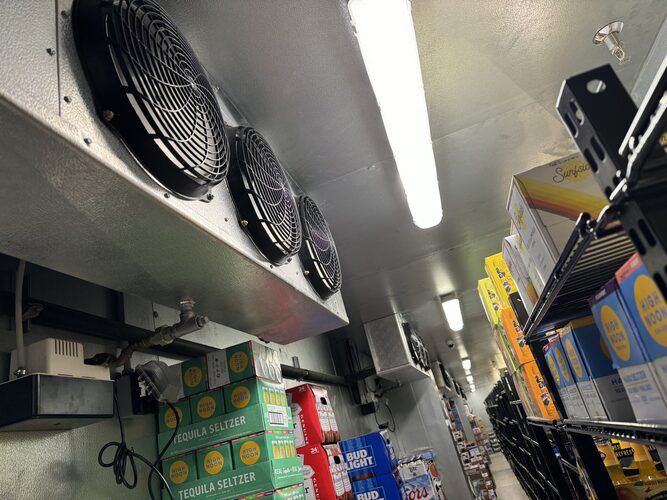
Walk In Cooler Repair
Need repair for your Walk In Cooler in Dallas Texas? We’re you’re guys. When you’re system goes down, theres no time to waste, don’t let your products spoil, give us a call now and get quality commercial refrigeration repair ASAP!
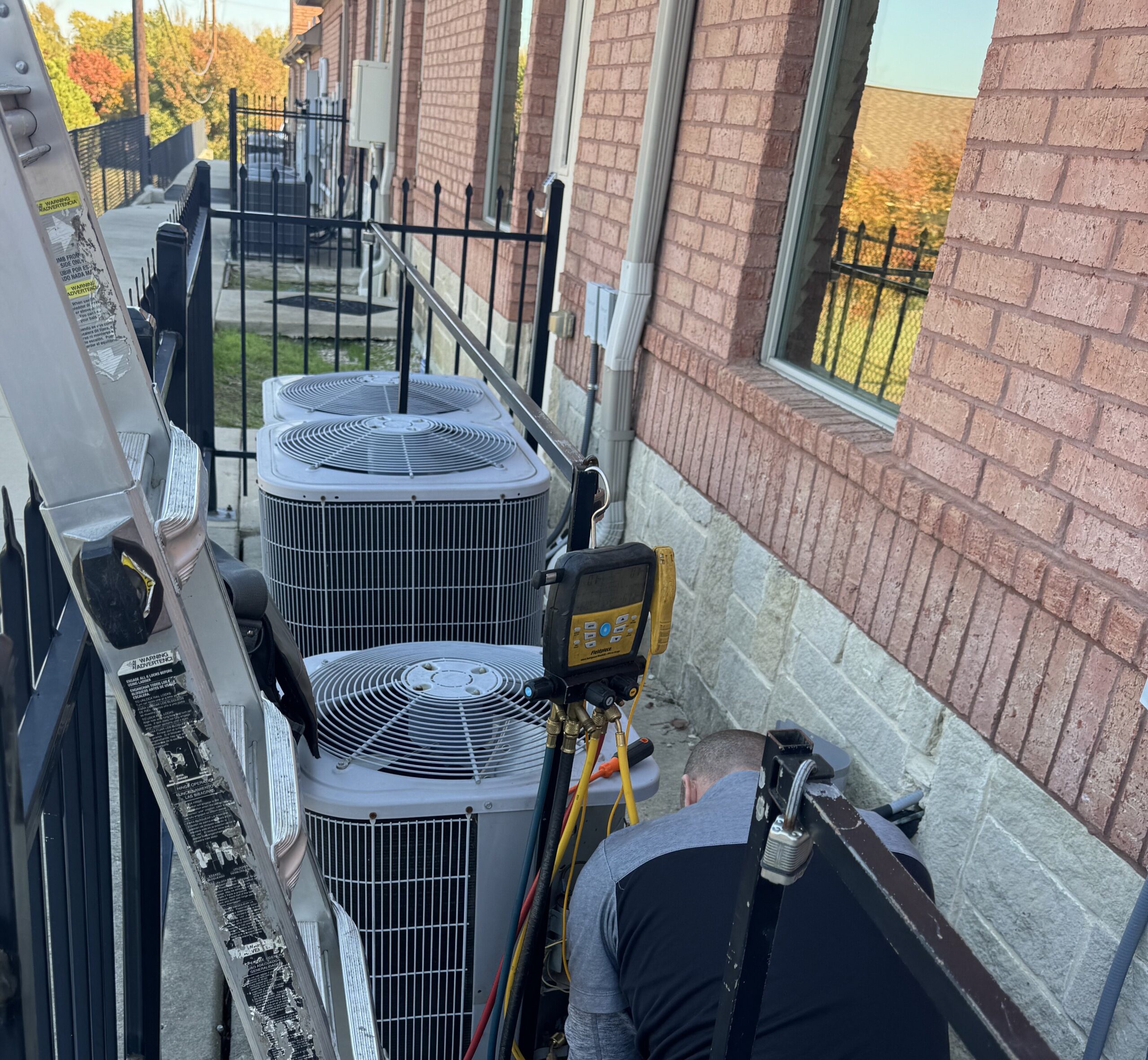
HVAC System Repair
When your HVAC system goes down on you in this Texas weather you need to act fast. In our 15+ years experience we’ve seen it all. From faulty compressors to refrigerant leaks, even faulty electrical, we have the knowledge and skillset to get your air conditioning system up and running in no time.
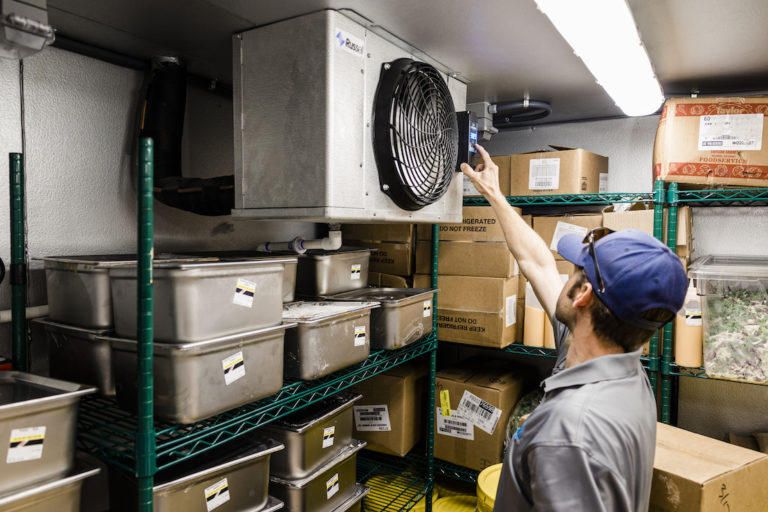
Walk In Freezer Repair
We understand how important a functioning Walk In Freezer is to your business, which is why we’re on call 24/7 in Dallas, ready to tackle the issue head on and have your system back and running in no time! Call us to schedule service today!
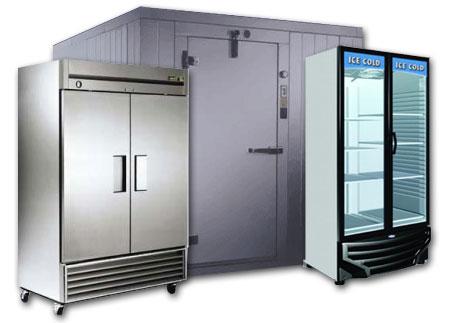
Commercial Refrigeration Installation
Whatever Commercial Refrigeration system you need installed in your kitchen or workspace we can do it! We have decades combined experience installing all commercial refrigeration systems including Walk In Freezer Installation, Walk In Cooler Installation, Ice Machines, Prep Tables, etc.. Give us a call to see how we can help.
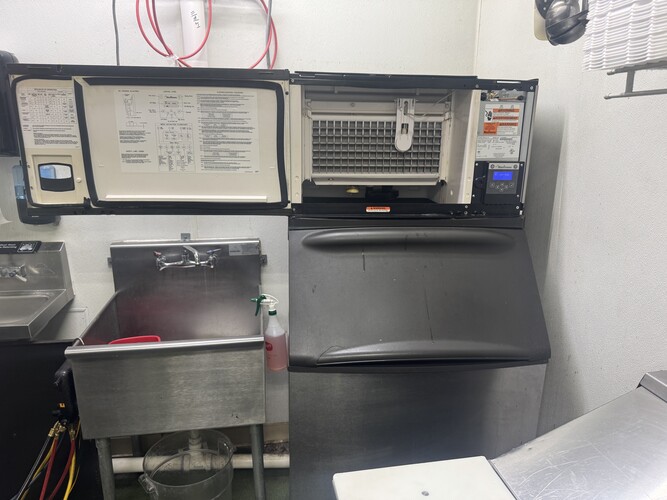
Ice Machine Repair
If your Ice machine is not working properly, rest assured we’ve got your back. We offer service for all major ice machine brands including, Scotsman ice machine repair, Manitowoc ice machine repair, and Hoshizaki ice machine repair. Give us a call to schedule service anywhere in DFW.
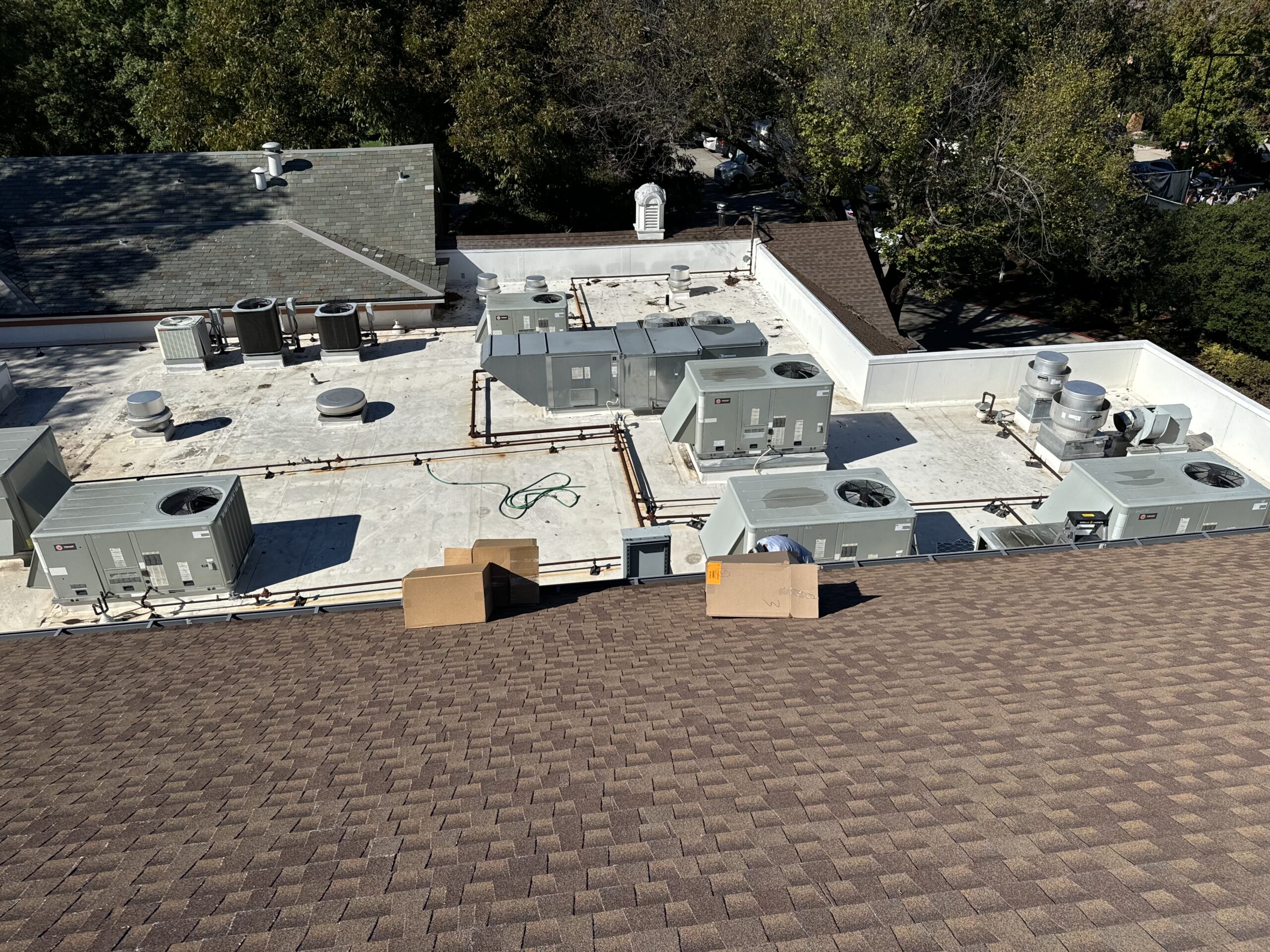
Heating Installation
We also specialize in professional Heating Installation, and would be more than happy to discuss the needs of your space. Once we determine your needs, its our job to make sure we deliver on our promise to ensure your space stays comfortable and efficient, all year round. Our sky high standards for or services is why our customers continue to choose us for they’re air conditioning and heating services.
For more information on our Commercial Heating, Commercial HVAC, Residential HVAC, and Commercial Refrigeration services, including- Walk In Coolers, Walk In Freezers, Ice Machines, and Refrigeration Installation, or to learn more about our Dallas, Texas based company, please visit our Google Page.
We are ready to serve you
